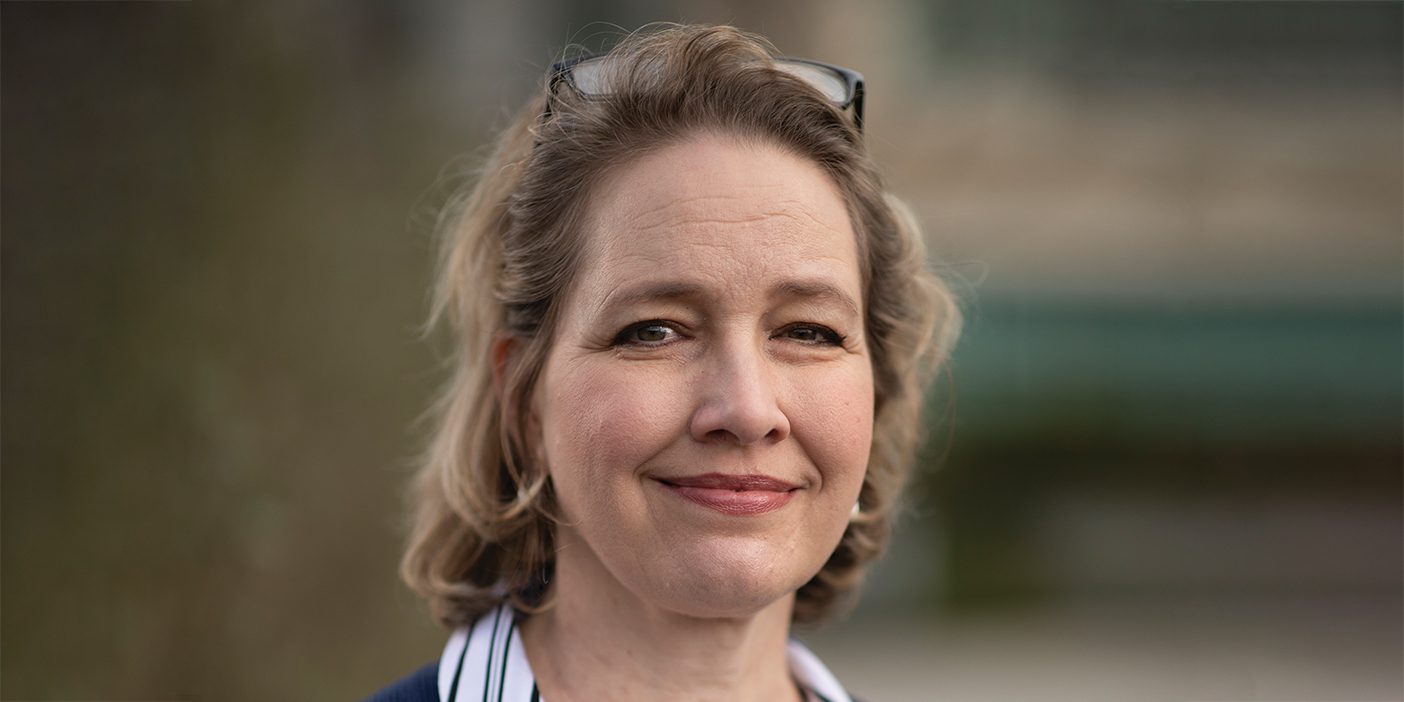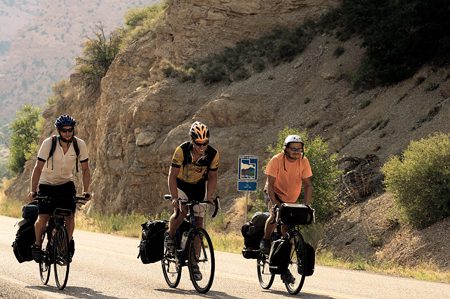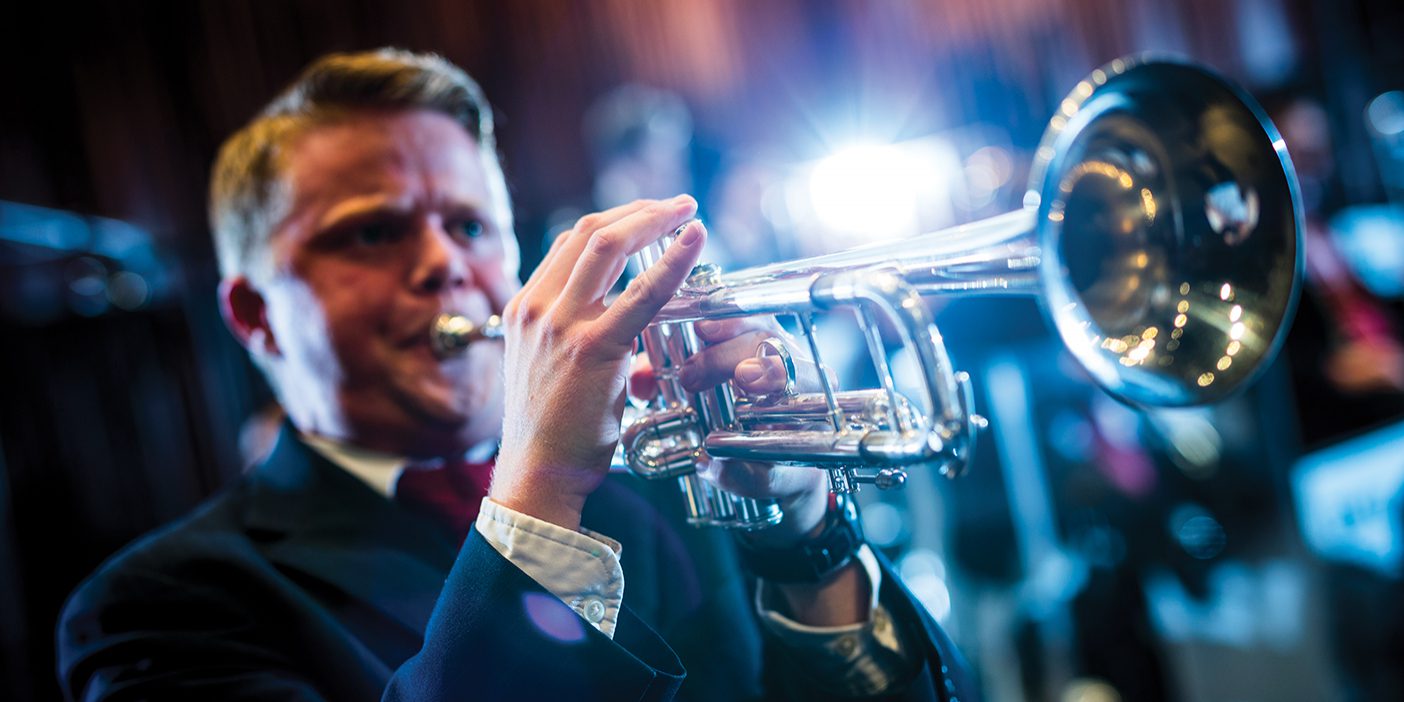By Lisa Ann Jackson
Lance Manning was a senior in high school, only a few short months from his freshman year at BYU. His summer plans immediately changed when he sat across from his doctor listening to the words “non-Hodgkin’s lymphoma.” Lance had cancer.
After a summer of chemotherapy, which put the cancer into remission, Manning was able to start at BYU that fall and later serve a mission for the LDS Church. When he returned to BYU, he decided to help others facing cancer and organized the Cancer Awareness Group.
“The purpose of the Cancer Awareness Group is to educate BYU students, faculty, and staff about cancer prevention and to provide an atmosphere where we can serve–all focusing on cancer prevention and detection,” says Manning, a junior manufacturing engineering major who serves as the club’s president.
“As young as we are, we aren’t immune to the diseases of adults,” Manning says. “A lot more college students get cancer than you think.”
To start the club, Manning enlisted the help of microbiology assistant professor Kim O’Neill, a breast cancer researcher, to be the group’s advisor. “At the minute, prevention is better than a cure,” says O’Neill.
“Cancer strikes fear into everybody. If we can get the message out that, in many cases, cancer can be prevented, then we will save lives.”
The Cancer Awareness Group has taken the prevention message across campus. The group sponsors a monthly information booth supported by the American Cancer Society. The booth offers cancer assessment tests to determine cancer risk and offers literature about cancer and prevention.
“I would have loved something like this,” says LeeAnne Jackson. During her sophomore year at BYU, Jackson was merely trying to keep her dosing head propped up in an early morning physical science class when she happened upon a lump under her jaw. Two weeks later she had withdrawn from school and was on her way home for treatment of Hodgkin’s disease, a type of lymphoma.
In the rush to start treatment, doctors don’t always take the time to explain what the disease is and why you have it, Jackson says. One of the best gifts she received during her illness–amidst the flowers, cards, and well-wishes–was literature specifically explaining her type of cancer.
“If people would be a little bit more informed, they could be a little bit more aggressive in combatting cancer. Simple prevention steps can reduce your risk by up to 60 percent,” O’Neill says. Through their information booths and their ties with the American Cancer Society, the Cancer Awareness Group has opened avenues for those in the campus community to become more aware and informed about all types of cancer.
The group has also opened information channels by sponsoring lectures about cancer. Last year they invited cancer survivor David Squires to share his experience. Now a medical student at the University of Utah, Squires was taking a hematology class at BYU when he received a routine class assignment to study his own blood. Looking through the microscope at his own sample, he found the cells of leukemia. Squires’s lecture focused on ways people can help cancer survivors, like offering emotional support without pity.
The group has also helped with the annual Rex E. Lee 5K Run for Cancer Research sponsored by the J. Reuben Clark Law School, and it has sponsored visits to Primary Children’s Hospital each semester. At the hospital, group members visit not only cancer survivors but also children suffering other ailments. On their first visit, they brought more than 20 donated quilts.
“Visiting Primary Children’s Hospital brought to life the mission of our group,” Manning says. “It helped us more than it helped them. It brought the reality of cancer to us.”
Those involved with the group come from varying degrees of experience with cancer. Some are survivors themselves, some are related to cancer victims, and some are interested because of medical career goals.
Whatever their relationship with cancer, the members all look for ways to serve.
“We aren’t looking to have the biggest club on campus. We are looking for members dedicated to the purpose and the mission,” Manning says.









